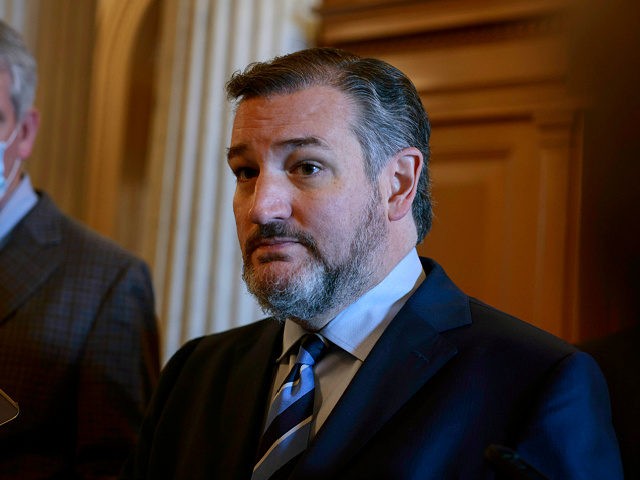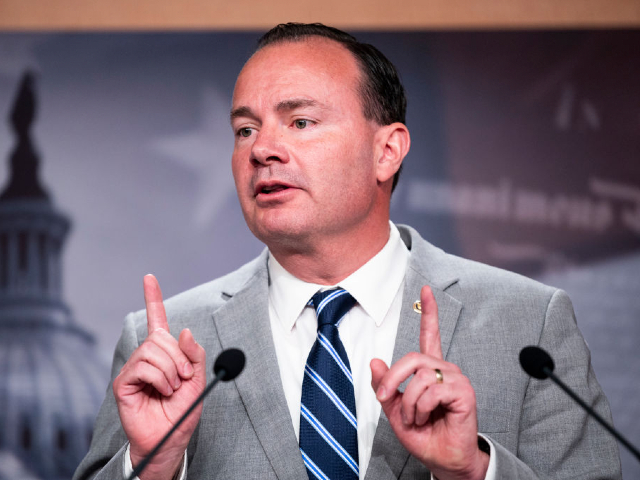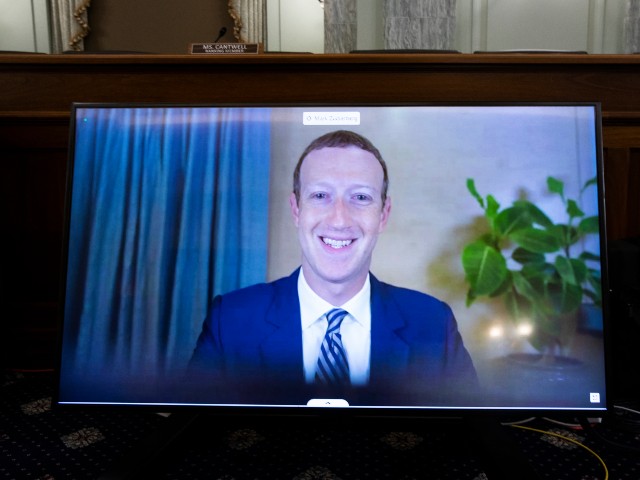At a hearing in which supposed conservative firebrand Sen. Ted Cruz (R-TX) inexplicably rescued the Journalism Competition and Preservation Act (JCPA), a Democrat-championed bill to enable collusion between the mainstream media and tech companies, the Texas Senator claimed that Big Tech “hates” the bill.
There is no evidence that Cruz’s claim is correct. In fact, tech companies get a major benefit from this bill: an excuse to pick and choose which news companies they index, and which news companies they fund.
As Sen. Mike Lee (R-UT) pointed out in his remarks at last week’s Judiciary Committee Hearing on the bill, which saw the legislation passed out of committee, the JCPA ties the financial incentives of media companies and tech companies together.
The media cartel the bill creates will be allowed to force an agreement on tech companies in court to pay them for using their content in search results and newsfeeds, a practice that is currently free under the Fair Use doctrine.
With the prospect of having to pay for all news content, companies like Facebook and Google will have an incentive to be more discerning about which news content they carry and which content they do not.
In short, they will have a motive to exclude more news content than they include. Contrary to what Cruz has argued, the bill does not stop Big Tech from colluding with the media on censorship.
What it does do is give companies like Facebook and Google an external excuse not to index certain types of content. Having previously had to take full responsibility for censoring news websites, they can now turn around and blame the JCPA.
Only one tech company, Patreon, signed a recent open letter against the bill, with Google, Facebook, and Twitter all absent.
When Big Tech feels strongly about a proposed law or regulation, they behave differently. Examples include their open campaigning for “net neutrality” and the “internet blackout” of 2012, in which Google led around 100,000 websites in a shutdown to prevent the passage of copyright reform.
There has been no comparable intensity in their activity around the JCPA. Claims that Big Tech “hates” the bill are overblown — they are at best ambivalent, and at worst quietly optimistic about getting a pass from Congress to censor.
Allum Bokhari is the senior technology correspondent at Breitbart News. He is the author of #DELETED: Big Tech’s Battle to Erase the Trump Movement and Steal The Election.



COMMENTS
Please let us know if you're having issues with commenting.